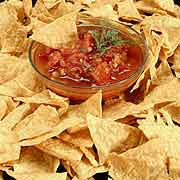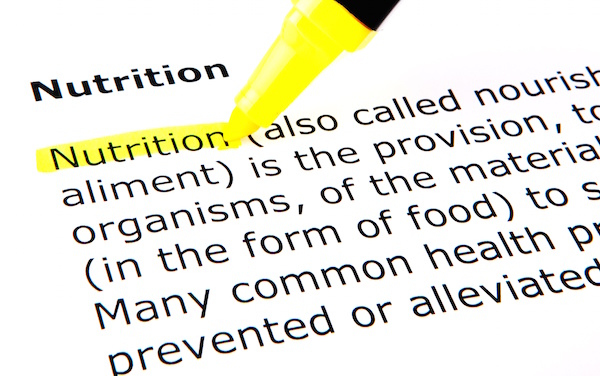
MONDAY, July 12 (HealthDay News) — Salsa and guacamole are becoming increasingly significant causes of foodborne disease, according to the U.S. Centers for Disease Control and Prevention.
Between 1998 and 2008, nearly one out of every 25 restaurant-associated foodborne disease outbreaks with food sources that could be identified were caused by contaminated salsa or guacamole. That’s more than double the rate during the previous decade.
Researchers analyzed CDC data and found that no salsa- or guacamole-associated outbreaks were reported between 1973 — when the CDC began collecting data on foodborne disease outbreaks — and 1984.
Between 1984 and 1997, salsa and guacamole outbreaks accounted for 1.5 percent of all restaurant-related foodborne disease outbreaks. During the decade between 1998 and 2008, though, that figure more than doubled to 3.9 percent.
Improper storage times or temperatures may have contributed to the foodborne illnesses, and were reported in 30 percent of salsa/guacamole outbreaks in restaurants or delis. In addition, in 20 percent of the restaurant outbreaks, food workers were reportedly the source of contamination.
The study was slated to be presented Monday at the International Conference on Emerging Infectious Diseases, in Atlanta.
“Fresh salsa and guacamole, especially those served in retail food establishments, may be important vehicles of foodborne infection,” Magdalena Kendall, a researcher at the Oak Ridge Institute for Science and Education in Oak Ridge, Tenn., who collaborated on the study, said in a news release from the CDC. “Salsa and guacamole often contain diced raw produce including hot peppers, tomatoes and cilantro, each of which has been implicated in past outbreaks.”
Kendall said salsa and guacamole can pose a risk for foodborne illness because “they may not be refrigerated appropriately and are often made in large batches so even a small amount of contamination can affect many customers. Awareness that salsa and guacamole can transmit foodborne illness, particularly in restaurants, is key to preventing future outbreaks.”
Safe preparation and storage of fresh salsa and guacamole can reduce the risk of contamination or the growth of pathogens, the experts noted.
“We want restaurants and anyone preparing fresh salsa and guacamole at home to be aware that these foods containing raw ingredients should be carefully prepared and refrigerated to help prevent illness,” Kendall said.
More information
The U.S. National Institute of Allergy and Infectious Diseases has more about foodborne diseases.

